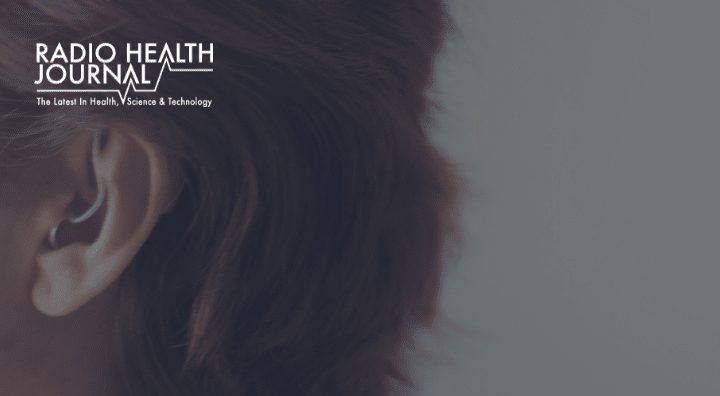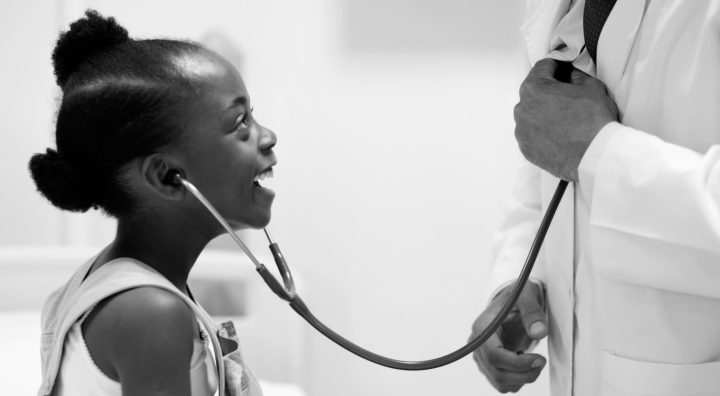Some retirement homes are offering local college students room and board in return for interaction with elderly residents. Students and experts involved discuss how it’s a win/win for everyone.
Guest Information:
- Shelby Miller, student, Northern Iowa University
- Carolyn Martin, Director, Volunteer Services, Western Home Communities, Cedar Falls, IA
- Tom Berkshire, President, Generations of Hope
Links for more info:
17-20 Intergenerational Living
Nancy Benson: College students are always living on a budget. Finding affordable housing and cheap meals is like hitting the jackpot. So when Shelby Miller, a senior at Northern Iowa University, heard about a retirement home offering drastically reduced room and board in exchange for 10 to 15 hours of volunteer work per week, she was psyched.
Shelby Miller: And I was like, oh you know that’s something that sounds really interesting. I was working at Berkshire Senior Living at the time, so I was really enjoying the older population. So I was like this would be a great way to jump into my major and get some good experience. So I decided to apply and I got accepted.
Carolyn Martin: It has been a success both for the students and the residents. We’re seeing great impact on both sides. For the students it provides them with an opportunity to meet an older population that some of them have not had the experience of knowing. Our society, as we all know people move around and we’re not always on the same property or next door or even in the same town as our grandmas and grandpas. And so it’s been great for them to have that exposure to an older population and find out the challenges and joys that older adults go through. On the other hand it’s been great for the residents to know the challenges and joys that being in college is like today.
Benson: That’s Carolyn Martin, director of volunteer services at Western Home Communities in Cedar Falls, Iowa. She says the student in residence program there is one of only a few in the United States.
Martin: Actually, the one that we found first that we saw and thought was a great idea was from Denmark, I believe. They have students living in their senior housing as well. We knew of one in Ohio and talked with that group of people. They’ve had great success with it, and we also know that here in Iowa, Drake University had a student live in one of the residences in Des Moines. Most of those are geared toward music students, and then their interaction becomes based around the music. Ours has not been just based on music. We went a little bit broader than that.
Benson: Currently, three students are living in the retirement home in Cedar Falls—a young man and two young women.
Martin: We have been very blessed this semester to get the caliber of students interested as we have in the first two years of our program. It’s just been heartwarming for us and it takes away that stigma that all college kids are lazy and don’t want to do anything. Our problem was that we were concerned that our students were so busty they weren’t going to have time to do what we were asking them to do.
Benson: However, Martin says just the opposite has occurred.
Martin: The girls that are living in the independent living building, they can get their residents to try just about anything once. They’ve tried new games and they’ve tried new activities and going places. The residents respond to them so well and think, well if they think I can do it then I guess I can. And very eager; they remember what the girls are doing in their classes and then seek them out at night to find out about it. It really gives the residents something to look forward to. George that lives in our assisted living facility, he happens to live on a floor that is mostly single men. Those guys know when he has a test, they know when the basketball games are and are seeking him out to find out about those things that he’s involved in. So it’s really been fun to watch the residents absorb the students into their lives and they’re really going to miss them when they’re gone.
Miller: One of my first big interactions was I had come out for breakfast one morning. I went out there to just sit and talk and one of the residents and I ended up talking for three hours. We were just sitting out in our dining hall and we were laughing and getting to know each other. It was so nice, and I felt welcomed, and I was just like, I fell like this is going to be a really good experience, like if this is what it’s going to be like, this is going to be awesome.
Benson: And Miller says it has been.
Miller: We talked about everything. We even get into philosophical type discussions as well, like we talk about life and death and we talk about the social problems in our society and we talk about amazing or cool things that happen in our world. Pretty much just everything; there’s not a lot that’s off limits.
Benson: The student in residence concept is fairly new in the United States. However, intergenerational living, or what’s also been called intentional neighboring, is not.
Tom Berkshire: In the early 90s when cocaine babies were having a major issue in the child welfare system in Illinois a sociology professor, Dr. Brenda Eheart, got interested in seeing what she could do in terms of bringing foster families together to care for these children.
Benson: That’s Tom Berkshire, President of Generations of Hope, a non-profit organization based in Springfield, Illinois, that supports intergenerational living communities throughout the United States.
Berkshire: At the same time Chanute Air force Base in Rantoul, Illinois was closing, and on the base there were many suburban houses just like you would see in suburban America. So she went to the Department of Defense and said I would like four hoses for these foster children, foster families. And they said, no, you have to take at least 50 houses. So she, for a very small sum of money, purchased 50 houses and sort of backed into this idea of intergenrationality by saying, okay, what am I going to do with the other houses? I will put seniors in them. I will have the seniors volunteer to help the children grow up and be that third or fourth generation. So that was how it started.
Benson: Every generation seems to benefit. Back at the retirement home in Cedar Falls, Martin says she’s seen a big difference in the residents who are in contact with the college students.
Martin: It’s something that’s hard to quantify. How do you quantify happiness or engagement? But because we’ve been able to offer more programming, because we’ve had more people around, the students are there 24 hours a day except when they are in class, our staff comes and goes pretty typical hours, and so some of the activities that the students have done have filled up some of those evening hours that are traditionally long evening hours for single older adults. So they have those things to look forward to that they might not if we didn’t have something like this going on.
Benson: Martin would love to see more students in residence programs all around the country. She says she’s happy to share information about how to start one. You can find contact information for her, and for Generations of Hope, on our web site at radiohealthjournal.net. Our writer/producer this week is Polly Hansen. Our production director is Sean Waldron. I’m Nancy Benson.
Sign up to receive email updates
Enter your name and email address below and I'll send you periodic updates about the podcast.











Leave a Reply